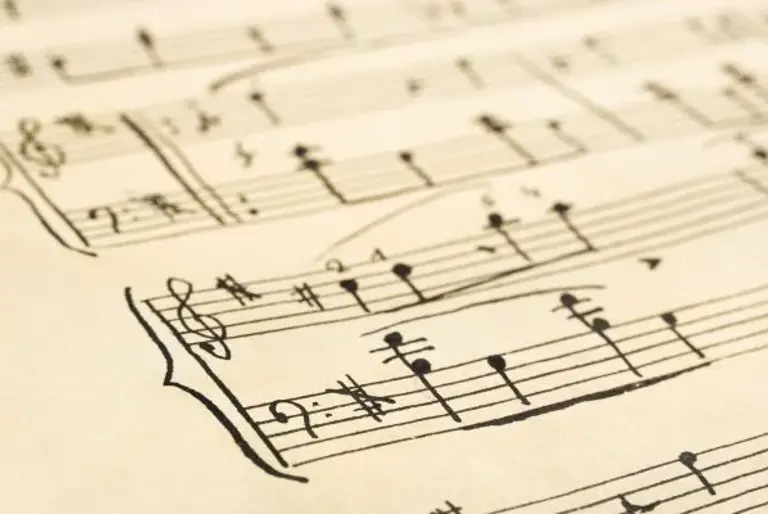Copyright can subsist in various descriptions of work including original literary, dramatic, musical or artistic works, sound recordings, films, broadcast or cable programs, and the typographical arrangement of published additions.


Copyright is a property right which generally applies to items such as books, newspapers, paintings, architectural drawings, music, television programs, software programs, radio, TV or satellite broadcasts, sales brochures and promotional material, written publications, business letters and in general, any original work which requires some original literary or artistic effort.
Copyright can subsist in various descriptions of work including original literary, dramatic, musical or artistic works, sound recordings, films, broadcast or cable programs, and the typographical arrangement of published additions.
The range of works in which copyright subsists is extremely wide. Further examples of such categories of works include:
Literary Works - this includes any work (other than a dramatical musical work), which is written, spoken or sung and includes tables, compilations, and computer programs.
Dramatic Work - includes a work of dance or mime.
Musical Work – includes works consisting of music, excluding any words or actions intended to be sung, spoken or performed along with the music.
Artistic Works - includes graphic works, photographs, sculptures or collages, irrespective of their artistic quality, works of architecture, including buildings or models for buildings, and works of artistic craftsmanship. Graphic works include any paintings, drawings, diagrams, maps, charts or plans, engravings, etchings, lithographs, woodcuts or similar works.
Copyright is a bundle of rights which, for the same work can be transferred or licensed to different persons for different purposes. For example the rights in a children's novel may be divide up as to copyright in the publishing rights of the novel, which can be assigned to different publishers in different territories. The film rights to the novel can be divided out further and be assigned to a film studio. Further, a television adaptation of the novel can be divided out further and assigned to a television company, and where the novel is adaptable for theatre production, those performance rights can also be split off separately. The rights for a radio broadcast of the novel can yet further be divided. Copyright is a very versatile right and has wide applicability over a range of industries.
Copyright is a valuable right, and perhaps even the most valuable type of intellectual property right. Revenue streams from hit records, popular books, computer games, and software are all protected by copyright law.
Copyright can constitute a valuable asset for its owner. Musician David Bowie famously used future royalties secured on the copyright in his songs to raise $55m in bonds in 1997. Perhaps the highest value copyrights exist in the operating systems of computer programs, for example the copyright protecting the software of well known Microsoft Windows ® operating system.
Important points to consider when managing copyright include making sure that contracts and assignments are in place to determine ownership of the copyright:
- Ownership of the copyright in a work can either be vested in the creator (author) of the work, or where the author is employed could transfer to the employer either through statutory or case law, or via a contract of employment. For employers, it is important to have copyright clauses in your contracts of employment making it clear where the ownership of copyright lies.
- For joint ventures, it is also important to have copyright contracts in place to determine which of the parties will own the copyright in the resulting work.
Ownership disputes can arise over such matters as who owns copyright in advertising material or catalogues, the company selling the goods, or the design agency that produced the brochure. Similarly, companies need to make sure that they own the copyright in their corporate logo, where the logo has been designed by a separate agency. The same applies to websites. Disputes can arise between web site development companies and their clients as to who owns the copyright in a web site.
As a general rule, in dealing with copyright it is wise to deal with the issue of ownership up front, if possible before any work is created, and have contracts in place concerning the ownership and use of copyright in advance, before significant investment is made.
Franks & Co can advise on the subsistence of copyright, keeping of records to show evidence of copyright, transfers of ownership and licensing of copyright and dealings in copyright.


















